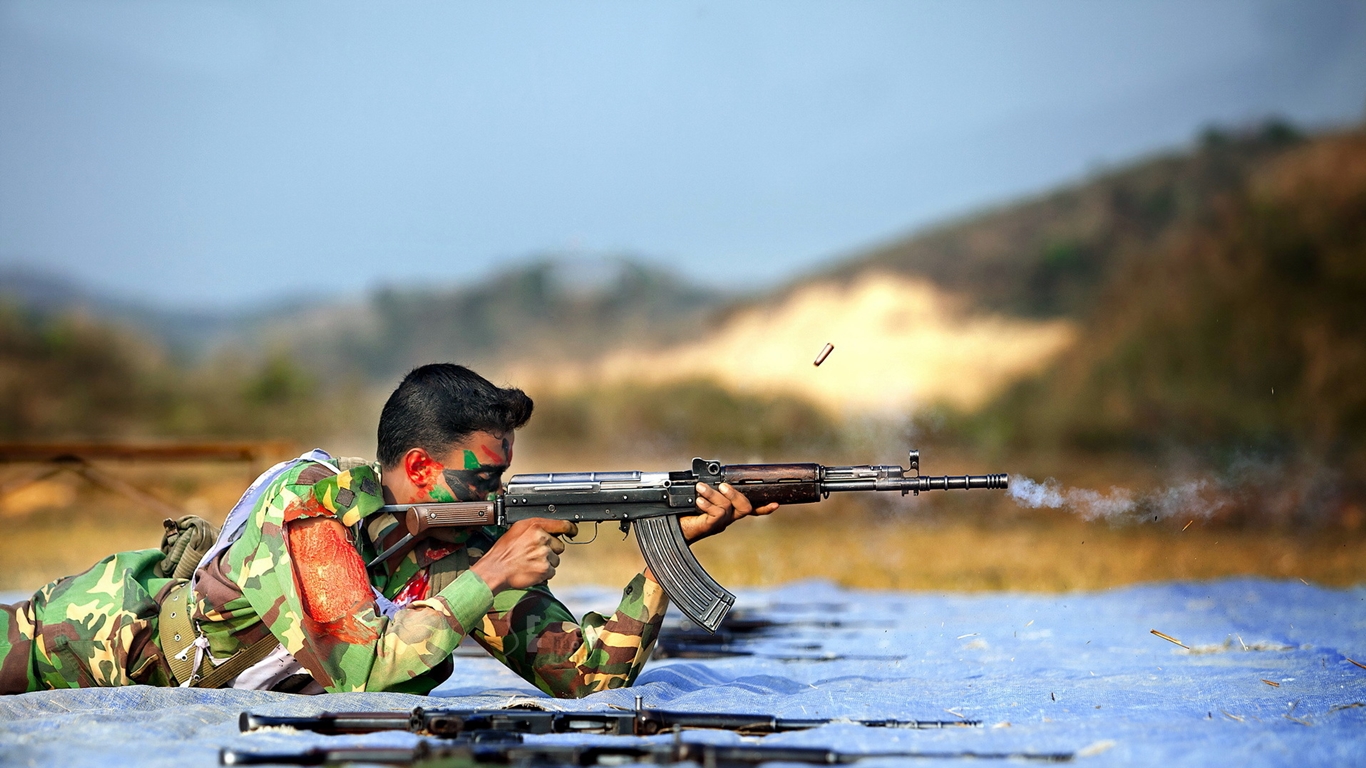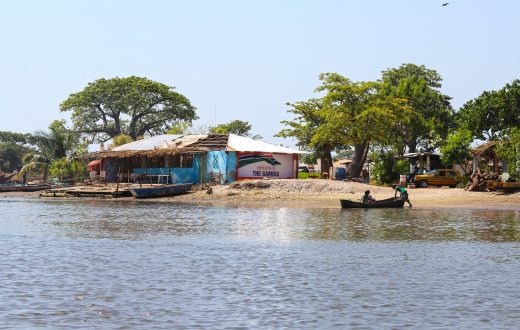Bangladesh executed two opposition leaders for war crimes committed during the 1971 war to break away from Pakistan, a senior police official said Nov. 22, Reuters reported. Ali Ahsan Mohammad Mujahid, an Islamist Jamaat-e-Islami party leader, and Salauddin Quader Chowdhury, a former Bangladesh Nationalist Party member, were hanged at Dhaka’s central jail shortly after President Abdul Hamid rejected their appeals late Nov. 21 for clemency. The Border Guard Bangladesh paramilitary force has been deployed across the country to tighten security amid concerns of unrest following the execution.
Capital punishment in Bangladesh is a legal form of punishment for anyone over the age of 16, but in practice is not applied to those under 18.
The death penalty may be used as a punishment for crimes such as murder, sedition, offences related to possession of or trafficking in drugs, offences related to trafficking in human beings, treason, espionage, military crimes, rape, hijacking planes, sabotage, or terrorism. It is carried out by hanging and firing squad, although the latter method has been contested since 1998.
There are over 1,000 people reported to be on death row. In November 2013, Dhaka Metropolitan Sessions Court sentenced 152 people to death for their role in the 2009 Bangladesh Rifles revolt.


